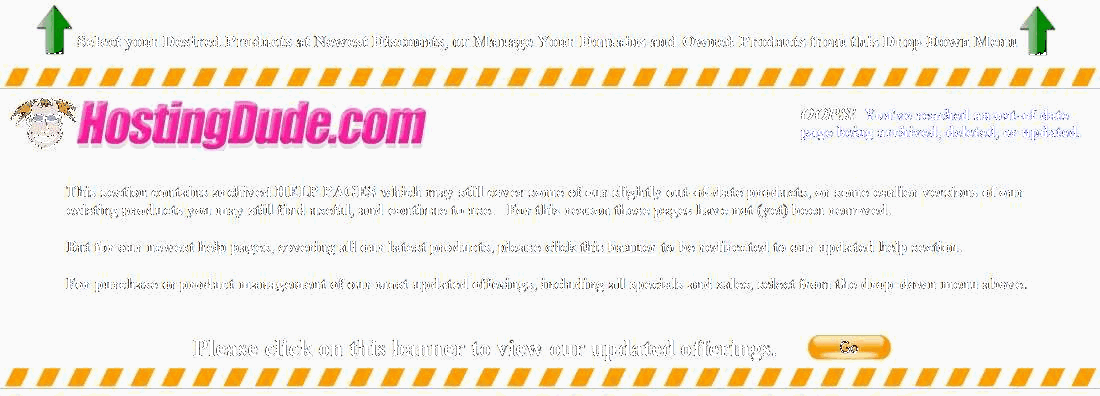How can I be notified immediately when a drive on my Windows server fails?
You can configure RAID to notify you immediately when a there is a problem with a drive on your Windows dedicated server. How you do this depends on which RAID driver your server has.
To Determine Your Server's RAID Driver
- Connect to your server using RDC. For more information, see Accessing Your Windows Server Using Remote Desktop Connection.
- From the Start menu, select Control Panel.
- Double-click Device Manager.
Your RAID driver displays as one of the following:
- Highpoint displays as RocketRAID (172x/152x) SATA Controller.
- IMSM (Intel Matrix Storage Manager) displays as Intel® Desktop/Workstation/Server Express Chipset SATA RAID Controller.
NOTE: RAID automatically sends server notifications to our Dedicated Hosting support team. We recommend that you continue to use this configuration and simply add yourself to the notification list. Any other changes to your RAID configuration could result in a hard drive failure going undetected.
Highpoint
To Add Your Email to the RAID Notification List
- Connect to your Windows Dedicated Server using Remote Desktop Connection.
- From the Start menu, select Programs > HighPoint RAID Management Software > Management Console.
- For your User Name, type
RAID. - For your Password, enter the original server administrator password you used created when you set up your dedicated server.
- From the menu at the top, select Operation > Add Recipient.
- Enter your email address and name in the appropriate fields.
- Select what types of notifications you want to receive about your server.
- Click OK.
IMSM
To Add Your Email to the RAID Notification List
- Connect to your Windows Dedicated Server using Remote Desktop Connection.
- From the Start menu, select Programs > Intel.
- Click Preferences.
- Enter the SMTP server, form address, and to address. For more information about your SMTP server, see What are the relay mail server settings on my dedicated or virtual private server?
- Select the event notifications you want to receive, and then click Save.





